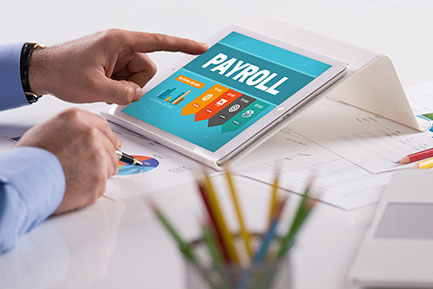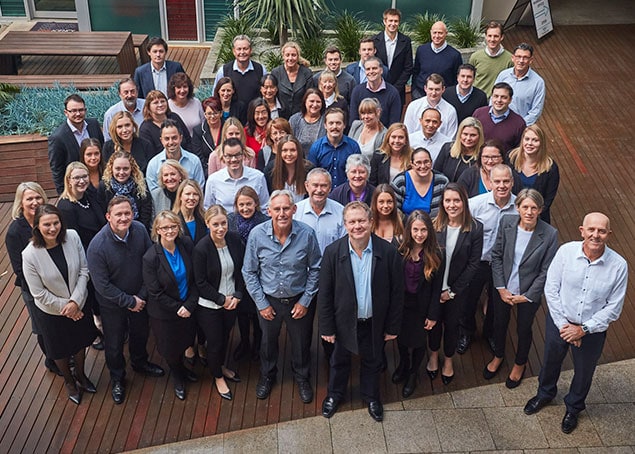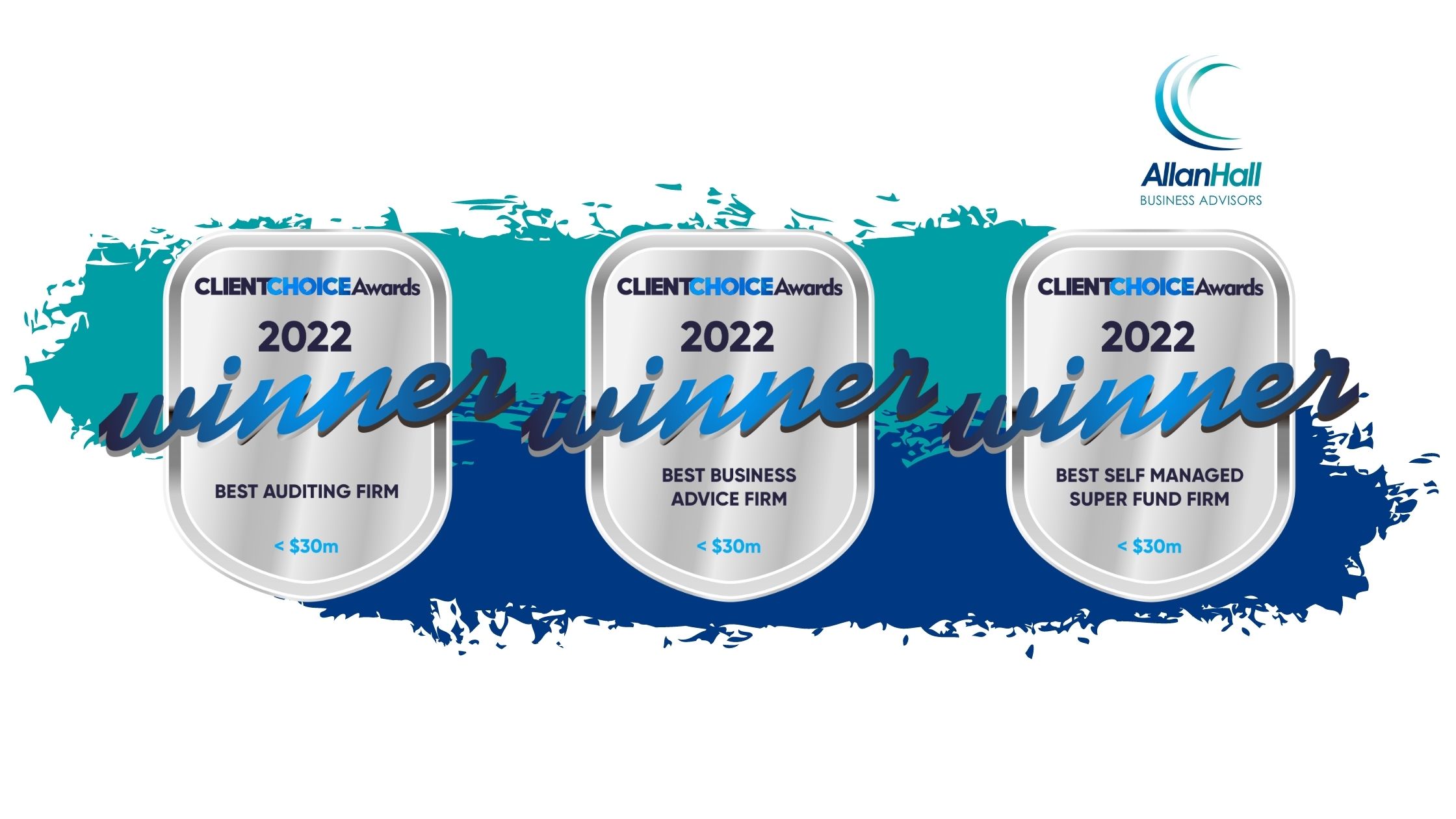Use this checklist to review the health of your super in 5 easy steps
Getting started
- The best way to perform these checks is either on ATO online services through myGov or by contacting your super advisor directly
- You need a myGov account linked to the ATO
- Once you link your myGov account, you can also use the ATO app.
Check 1: Check your contact details
Check your contact details, tax file number (TFN) and bank account are up to date with the ATO and your super fund. This helps prevent lost super and assists us in matching any unclaimed super to you.
Log on to ATO online services through myGov. In the top menu, select My profile. From the drop-down options, select either:
- Personal details to update your name, contact number, email and home address
- Financial institution details to update your bank account and
- under the Account heading, you will see Income Tax and Superannuation
- select either Add or Update.
To update your contact details, bank account and TFN with your super fund, see their website or contact them directly.
Check 2: Check your super balance and employer contributions
It’s important to check your super balance each year to see how much you have and keep track of your employer contributions. You can do this anytime on ATO online services or through your super fund.
Your employer should pay your super at least every 3 months. They may choose to do it more frequently, such as your regular pay cycle. From 1 July 2022 to 30 June 2023, your employer should pay at least 10.5% of your salary into your super. From 1 July 2023 to 30 June 2024, the rate increases to 11%. If you’re under 18, you need to work more than 30 hours a week to be eligible for super.
Funds report account balances to us at certain times of the year. Balances shown in ATO online services may be different to your actual current balances.
Log on to ATO online services through myGov. From the top menu, select Super and then either:
- Fund Details to see all your super accounts and balances (including those held in funds or with us) and the most recent date reported by your fund
- Information then Employer contributions to see the total year-to-date employer contributions in a selected year – select Transactions to see each contribution separately.
For help calculating the amount of super your employer should be paying, use the ATO’s Estimate my super tool. If you do not receive super contributions or the amounts are incorrect:
- contact your employer and request an update
- report it.
Check 3: Check for lost and unclaimed super
You may have lost track of some of your super when you changed your name, address or job, for example. This is why it’s important to ensure your fund has your current details.
Lost super is when your fund has lost touch with you, or your account is inactive. This money is held by your fund. Unclaimed super is when your fund transfers lost super to the ATO.
All your super accounts including lost and ATO-held super are displayed on ATO online services.
Log on to ATO online services through myGov. From the top menu, select Super. Then select either:
- Fund details to check for lost super – if you want to keep your super with the same fund, contact them directly to update your details
- Manage and then Transfer super to transfer this lost super to an eligible super account – or ask your fund to complete the transfer for you
- Manage and then Transfer super to transfer ATO-held super to an eligible super account
- Manage then Withdraw ATO-held super to have your super paid directly to you if the amount is less than $200 or you are over 65.
Check 4: Check if you have multiple super accounts and consider consolidating
If you’ve had more than one job, you may have more than one super account. It’s important to know how many super accounts you have. Combing your super may reduce fees and make it easier to manage.
If you decide to consolidate your super, it’s important to choose the fund that’s right for you. You should check that it provides better value, and the insurance cover suits your needs, which may change throughout your life. To see which fund is the best option for you, visit MoneySmart. If you are unsure of what to do, contact your super fund or seek independent financial advice.
Log on to ATO online services through myGov. From the top menu, select Super then either:
- Fund details to see all your super accounts and balances
- Manage and then Transfer super to consolidate your accounts, then
- select the fund you want to close (transfer)
- select the fund you want your money transferred to from the accounts listed
- confirm your selection and submit request.
Check 5: Check your nominated beneficiary
Take time to ensure you have a valid death beneficiary nomination in place in your super fund as this isn’t covered by your will. This means your loved ones will not be put through unnecessary difficulties to finalise your estate.
Most binding nominations expire every three years. Some super funds have an option where nominations do not expire and remain in place until they are revoked.
If you don’t nominate a beneficiary, your fund may not know who your benefit should be paid to. In these cases, they will follow the law. This usually means they pay it to one or more of your dependents or your legal personal representative.
To check or nominate your death beneficiary:
- Refer to your super fund’s website or contact them to check if you already have a valid nomination in place
- To update it, complete the form from your super fund, sign and date in the presence of two witnesses
- If you are unsure, contact your super fund or seek independent financial or legal advice from a qualified advisor
Why you should review your super
Your super is one of the biggest assets you’ll accumulate in your lifetime.
However, many Australians think they don’t need to worry about their super until retirement. Some don’t think about it at all.
It’s never too early to think about your super and the earlier you get on top of it, the better. It’s a good idea to regularly review and manage your super. At the very least, make sure you:
- are getting the super you are entitled to from your employer
- know where it is.
Small decisions you make today can have big impacts on your final super outcomes. For instance, missing out on some employer contributions today, could have a huge impact on your super balance in retirement due to the compounding effect of earnings. The same can happen if you have lost or unclaimed super.
Benefits of a super health check
A super health check consists of 5 simple and important things you can do to get on top of your super. It will help you:
- manage your super
- understand your entitlements
- make better choices for when you retire.
You can check on your super at any time. However, we suggest you get into the habit of doing a health check each year when you prepare your tax return.
CONTACT ALLAN HALL SUPERANNUATION
Disclaimer: This article contains general advice only and has been prepared without taking into account particular objectives, financial circumstances and needs. The information provided is not a substitute for legal, tax and financial product advice. Before making any decision based on this information, you should assess its relevance to your individual circumstances. The information provided in this newsletter is objectively ascertainable and therefore does not constitute financial product advice. If you require personal advice, please contact us to arrange an appointment with one of our licensed SMSF advisors. Source: ATO









